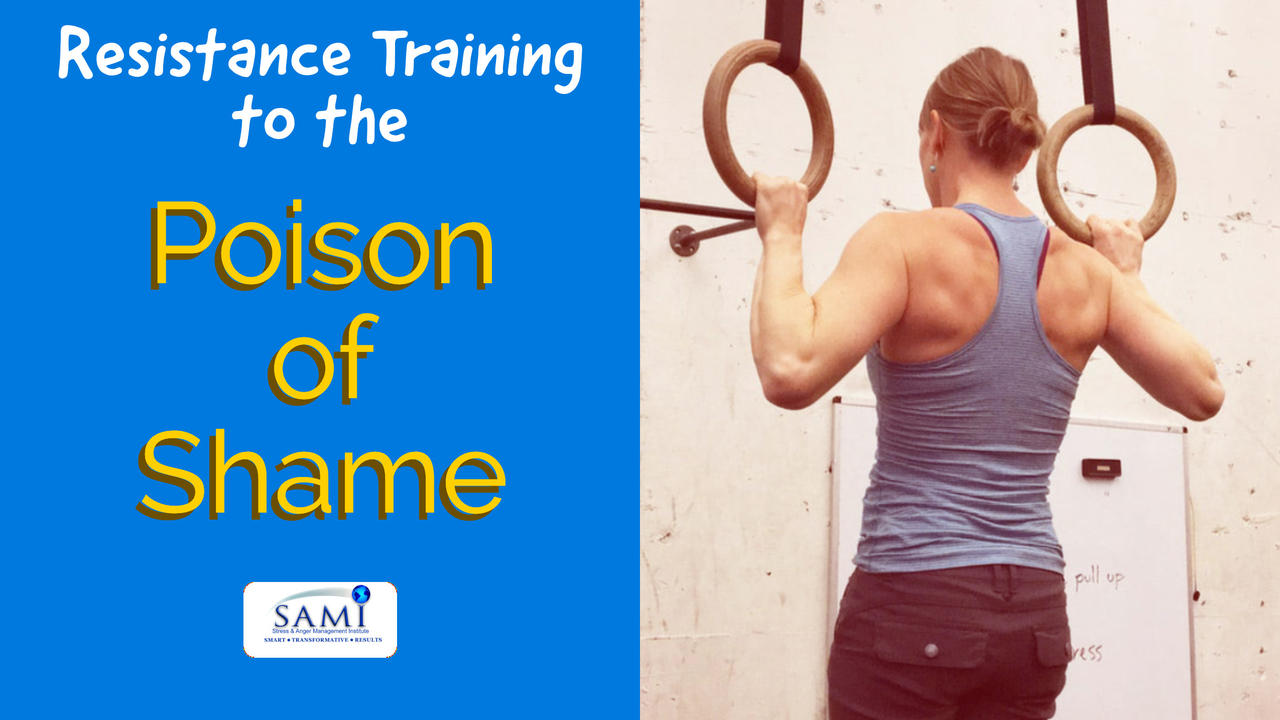How To Love Others Without Losing Ourselves

Modern culture prizes selflessness and abhors selfishness, in effect setting the two against each other.
"The alternatives are either to love others, which is a virtue or to love oneself, which is a sin," wrote social scientist and philosopher Erich Fromm in his essay titled "Selfishness and Self-Love."
How do we differentiate between valuing ourselves and egotistically indulging ourselves? While no one would argue with considering others, it could be worthwhile to re-examine our beliefs around being selfish. For example, do we genuinely aspire to be without concern for ourselves? Or is it important to value and love ourselves, think for ourselves, have a life of our own, and be able to love others without losing ourselves?
The answers lie in self-knowledge. When we undertake an inner journey and come to understand ourselves truly—the sacred and profane dimensions of our lives—we develop the capacity to deal honestly, thoughtfully, and lovingly with ourselves, as well...
Recognizing Trigger Thoughts of Victimhood
Sam doesn't realize it, but a victim is lurking inside him. Though he wears a sunny disposition outside, inside, the perky 52-year-old father is resigned to three ideas:
1. "It's too late in my life to go back to college like I always wanted to. I'd look ridiculous, and who has the time for that?"
2. "My ex-wife is to blame for my financial problems and my children's disrespectful behavior."
3. "No matter what I do—no matter how hard I work or how much inner work I do on myself—things are not ever going to change for me."
Quite a life sentence he's given himself: hopelessness and weakness, twin offspring of the same poisonous origin known as "Trigger Thoughts" and "Victimhood."
When we operate from a victim mentality, we give the power to create our own life to someone else, and then we moan about how controlling the other is. To avoid taking responsibility, we create (and protect at all costs!) the dangerous illusion that we are always right. We blame others for our circumstances and re...
Resistance Training to the Poison of Shame - Autoimmune Disease Awareness

Every time Grace, a loving single parent, took time for herself, she returned
home with an awful sinking feeling. She didn’t understand why. “I had so much fun, and I'm proud of myself for making time for myself,” Grace thought to herself. Rather than expand from the joyous experience, or receive the delight and enthusiasm of her self-care, she contracted.
Grace’s contraction comes from the experience of shame, a poison that keeps us from experiencing our own joy and disconnects us from the aliveness within and around us. Whereas guilt is associated with a particular memory or situation and having done something wrong, the feeling of shame is about being wrong at our core. It is a debilitating feeling we have about ourselves that comes from a core belief that we are fundamentally flawed.
Sources of Shame
The poison that is the root of shame is absorbed in early childhood. As a
result of not being seen and loved for who we are, we develop the belief that we are unlovable and that something i...




